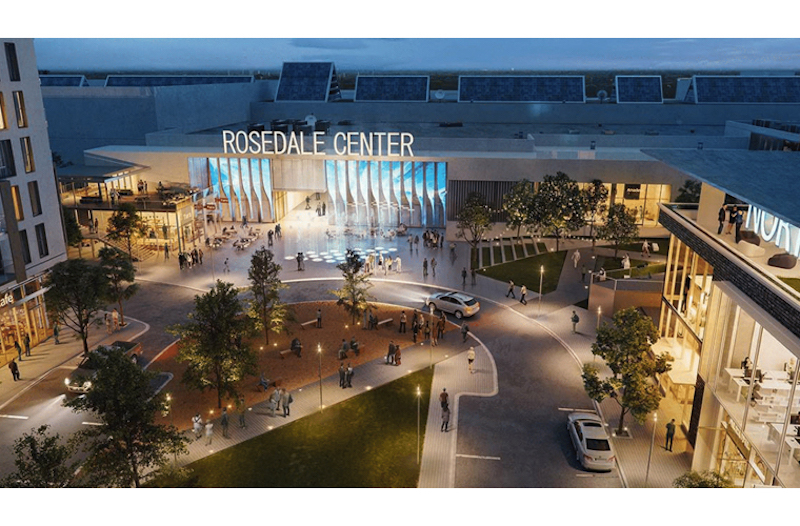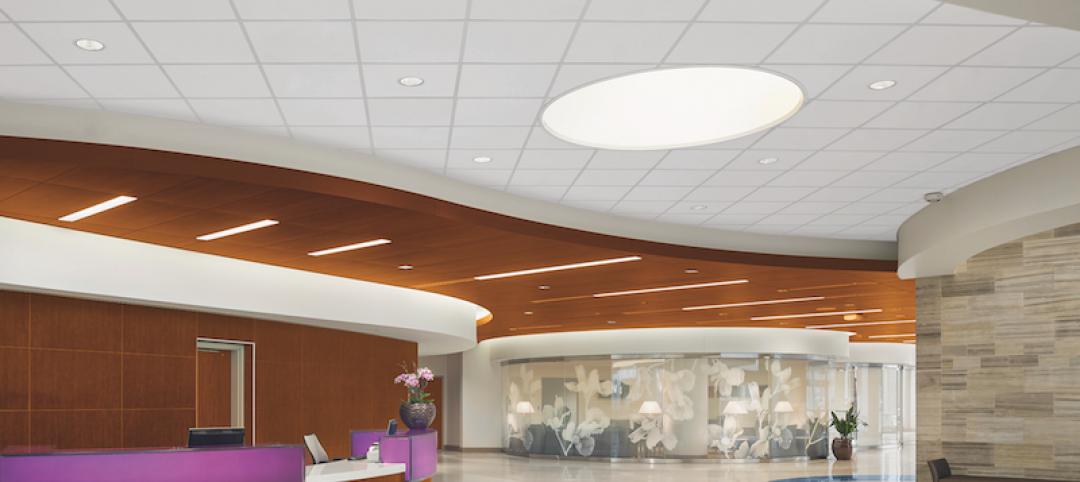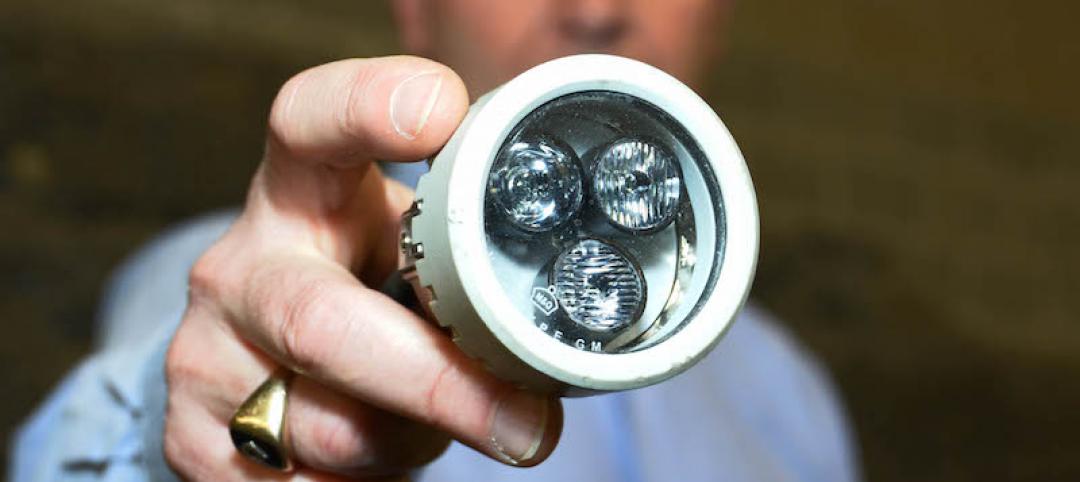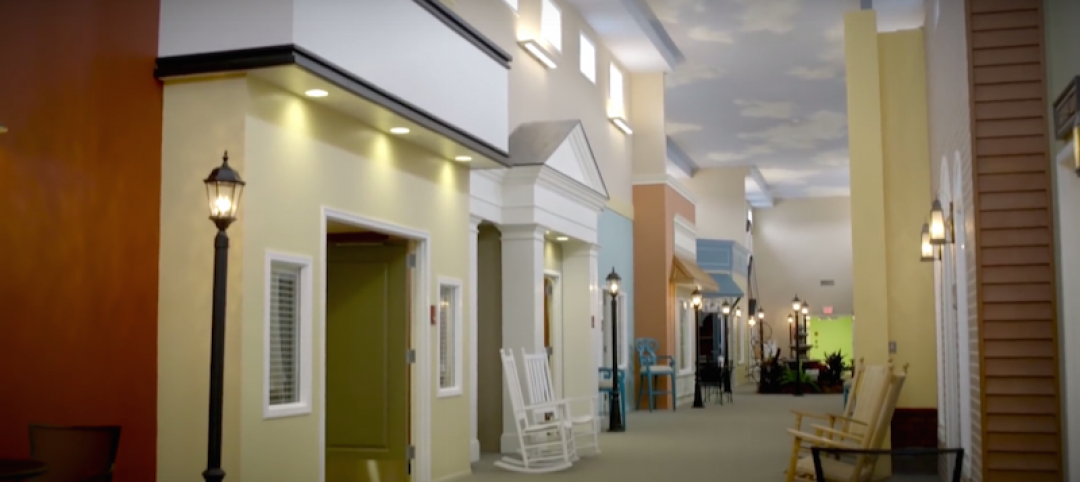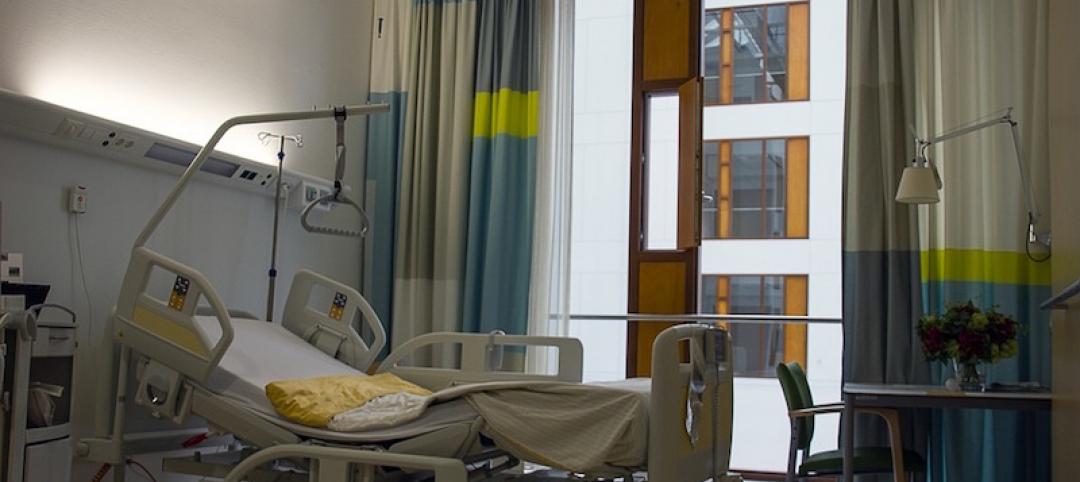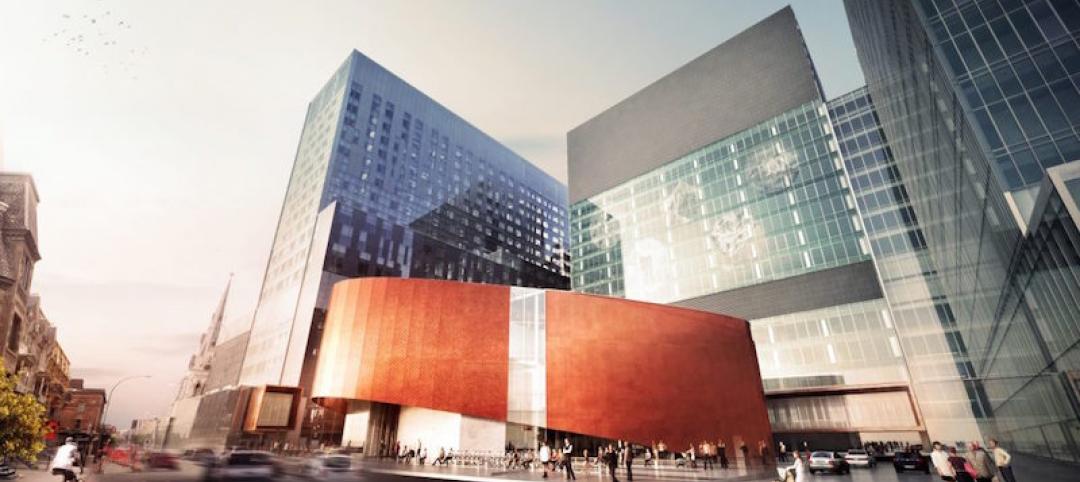The 1.2 million-sf shopping mall Rosedale Center in Roseville, Minn., yesterday disclosed its plans for a $100 million-plus expansion that will add a hotel, grocery, multifamily housing, fitness centers, restaurants, coworking spaces, more retail, and a medical office building.
Within the $400 billion global market for healthcare construction, two-fifths of all new retail transactions are for medical offices, compared to 2% a decade ago, according to recent AIA estimates. The number of medical centers in retail space—which Accenture put at 2,800 in 2017, compared to 351 in 2006—could nearly double by 2022, according to JLL projections.
As more developers, landowners, and retail strip owners look for ways to bring a medical facility to their properties, “nontraditional retail spaces for healthcare services are expected to continue to rise in popularity,” predicts JLL in its 2019 research report “Retail and the New Healthcare Consumer.”
Medical office buildings reflect the 'Amazon effect'
That medical offices are finding their way into empty retail space partly reflects the “Amazon effect” that has made online ordering a prevalent mode of shopping and has left bricks-and-mortar vacancies in its wake.
“Healthcare is seeking out locations that are convenient and accessible to their patients,” explains Steve Barry, president of Rendina Healthcare Real Estate, a developer based in Jupiter, Fla. “Retail often has great visibility, great access to traffic count, and plenty of parking.”
Rendina has been exploring this trend for a while now, he says. A few years ago, the firm developed a project for Hilton Head Regional Healthcare in South Carolina that placed a 60,000-sf outpatient facility inside a vacated Publix supermarket with a shopping mall.
Rendina is currently in the process of developing a project that will create an 80,000-sf healthcare facility within a regional shopping mall that Barry says is repositioning itself as a lifestyle center that includes entertainment and grocery venues. Barry couldn’t identify the location or client for this project, but says its construction should start next year.
Retrofitting a retail store for conversion to a medical office depends on the level of care being provided, which may have structural and air ventilation requirements, says Barry.
From a land-pricing and operational cost standpoint, moving healthcare into retail could actually be more expensive than, say, opening a stand-alone facility, because retail stores, says Barry, are generally in higher-density (and higher-rent) locations.
What’s more important, however, is attracting the right kinds of customers to these buildings. “Patients are exerting far more control over where they go for care,” he says.
Barry foresees this trend having some runway left. He expects to see new variations and models, too: for example, his firm is working on developing a hybrid urgent-emergency care facility under one roof, so that patients could access the appropriate care and be charged appropriately for it. Medical offices, says Barry, “would be part of this rehab mix.”
He believes that, despite technology advancements that allow patients to access care from their homes or phones, “healthcare in general will always have a need for space.”
Related Stories
Sponsored | Healthcare Facilities | Oct 26, 2016
Rx for noise control at Virginia hospital: Large dose of acoustical ceilings
A myriad of acoustical ceiling solutions aid in patient comfort and recuperation.
Sponsored | Healthcare Facilities | Oct 24, 2016
Cyclotron streamlines isotope production
The 70 MeV, 140-ton cyclotron was manufactured by Ion Beam Applications (IBA) in Belgium.
Industry Research | Oct 20, 2016
New book from HDR explores opportunities for how healthcare organizations can reinvent the patient experience
Delta offers a close look at specific activities and behaviors that can help healthcare providers and caregivers discover revolutionary concepts to help them embrace and thrive in the rapid change that surrounds them.
Lighting | Oct 6, 2016
Healthcare systems lighting their way to savings
There has been a rapid improvement and availability of LED products as primary light sources in most healthcare facility applications.
Healthcare Facilities | Sep 28, 2016
Assisted living facility resembles a quaint American neighborhood
The design is not just meant to be aesthetically pleasing, but can also help patients with dementia and Alzheimer’s.
Healthcare Facilities | Sep 16, 2016
Healthcare architect turned patient: What I learned when admitted to a facility I helped design
Discovering new ways design can—and can’t—improve the patient experience.
Healthcare Facilities | Sep 14, 2016
Details of the largest healthcare construction project in North America revealed by CannonDesign and NEUF architect(e)s
The project will combine three aging hospitals into one complex.
Healthcare Facilities | Sep 7, 2016
The merger of physical healthcare and digital care: Why is it important?
As healthcare costs continue to increase, operators are exploring new delivery models and social platforms to personalize the provision of healthcare services. These companies are pouring resources into this field to create more personalized, secure, and affordable health and wellness options.
Healthcare Facilities | Sep 6, 2016
Chicago Faucets releases white paper: Reducing the risk of HAIs in healthcare facilities
The white paper discusses in detail four options used to mitigate transmission of waterborne bacteria
Healthcare Facilities | Aug 30, 2016
The Program of All-Inclusive Care for the Elderly is making large strides
A typical PACE center is comprised of a fully functioning and equipped primary care clinic, adult day center and rehabilitation therapy gym.


